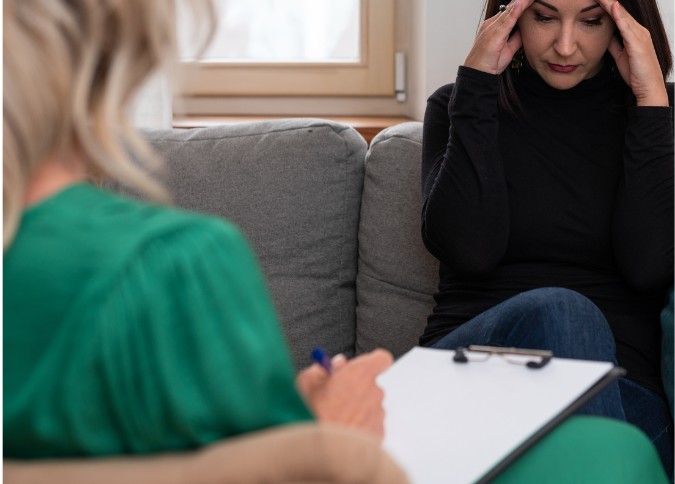Credentials, or the multiple letters at the end of your counselor’s name, can be confusing to decipher. They can include degrees, professional titles, and even certifications. Many states designate the professional counselor credential with different titles and acronyms, making it even more confusing for many clients.
It is helpful – even important – for clients to understand what goes into gaining these professional titles.
The State of Virginia refers to licensed therapists as Licensed Professional Counselors, or LPCs. Virginia’s requirements for licensure are some of the most rigorous in the country, and I will break those steps down for you here.
What is the licensure process for mental health counselors?
Counselors have been highly trained by the time they reach licensure, and even well before. The rigor of this process often surprises people unfamiliar with this professional field. I will be honest: when I first started this process, I did not fully understand what it would take. At the time of this writing, I was pursuing my counseling license, and I recognized the benefits of this intense training.
The process begins with acceptance to a Master of Counseling degree program. This program is usually accredited by an outside institution called CACREP to ensure the highest education standard. The program must consist of 60 credit hours, including the completion of a 3-semester, 900-hour practicum and internship.
This degree takes about 2-3 years to complete under a full-time student caseload. At the time of graduation, each student has completed at least 340 direct counseling hours, has had at least 1-2 clinical experiences, and has gained over 100 hours of clinical supervision.
After graduation, the completion of a graduate internship, and finding an approved clinical supervisor, it is time to apply for residency. In the state of Virginia, a resident must complete 4,000 clinical hours under supervision by a licensed professional to gain licensure themselves. It takes about 3-4 years to complete these hours.
After about 6 years of dedicated clinical work, education, development, self-exploration, teamwork, and determination, one can become an LPC. To continue being licensed, LPCs must complete 20 credit hours of continuing education every annual license renewal period.
It is with all this training that an LPC can provide advanced, well-researched, and competent clinical services. Counselors have the honor to be a part of some of the most intimate details of a client’s life. It is this arduous training that allows an LPC to gracefully care for these moments in a way that will be healing. Without surgical knives or medicines, LPCs tend to wounds in the mind and heart – a process that is not taken lightly.
If you are looking for a counselor today, Sunstone Counseling has a diverse population of clinicians ranging from clinical interns, residents, social workers, and licensed counselors to best suit your needs. Contact us with any questions you may have.

